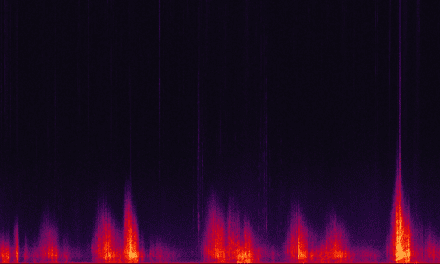In a new study published in BMC Research Notes, Japanese researchers found evidence to suggest a significant association between bilateral subclinical hearing loss (SHL defined as > 25dB at 4000 Hz) and restorative sleep (RS), the dual phases of deep and REM sleep that encompass hormonal and bodily renewal during a normal sleep cycle.
Researchers analyzed data from 33,888 individuals between the ages of 40-69 who received medical check-ups at the Saitama Health Promotion Corporation, Japan, in 2012. As part of their check-up, participants’ hearing was assessed with an audiometer and the quality of their sleep was determined by responses to a 2008 “unhealthy-lifestyle” questionnaire developed by Japan’s Ministry of Health, Labour, and Welfare. Later, individuals were grouped according to the absence or presence of SHL at 4000 or 1000 Hz and whether that affected them unilaterally or bilaterally.
Though researchers did find a significant association between early hearing impairment and restorative sleep in subjects with bilateral SHL at 4000 Hz independent of confounding factors like age and sex, they cautioned against inferring causality. For example, in a separate sub-analysis, performed without the prior age restriction, researchers did not see high rates of RS in the 70-79 age group with bilateral SHL at 4000 Hz, as might be expected. Recent research has linked age-related hearing loss (ARHL) with cognitive impairment and dementia, which may be related to longer sleep duration. In this study, researchers speculated that the association between SHL and RS might be mitigated due to age-related insomnia or urinary tract symptoms, though further research is needed.
To read the study in its entirety, click here.
Original Paper: Nakajima K, Kanda E, Suwa K. Unexpected association between subclinical hearing loss and restorative sleep in a middle-aged and elderly Japanese population. BMC Research Notes. 2018;11(195).
Source: BMC Research Notes
Image: | Dreamstime.com





